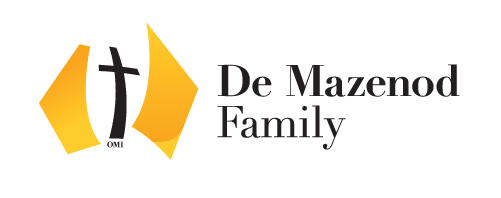Introduction to Understanding the Secular World We Live In – DMF
Understanding the Secular World we live in is a course that has been adapted from the three part series Missionaries in a Secular World, which was created for the Oblate seminarians and priests. The basis for this course content is the general understanding that in order to evangelise successfully, as priests or laity, we need to know the culture and the context in which we live.
The course content is based on the book by Charles Taylor – A Secular Age – in which there is detailed explanation of the way in which Christian faith as a standard model for spirituality and approaching life, was gradually eroded over the years from the public square. No longer were commonly held beliefs acceptable, and belief of any sort now needs to be defendable by the believer. We see how the concept of an individual and authentic spirituality begins to replace this Christian model, disabling the common Christian language we had used earlier to communicate and evangelise.
In order to now access those around us spiritually, the course suggests a gentler, more open language which is not judgmental but enables us to journey with the individual as they seek a deeper awareness of their own spirituality.
The course is divided into three parts. It is worth noting that there is a slide with definitions at the end of each series, as well as a summary slide to review our understanding prior to progressing on to the next series. Following the videos, there are reflection questions that can be completed as you complete each series within the course. If you would prefer to answer the questions on paper or in a journal, that is okay too. Just take note of the questions and answer in your own time. If you do choose to complete the reflection questions online, rest assured that no one is checking your answers. We wanted to provide a space within that you were able to put your thoughts as you complete each series of the course.
In completing this course, we are made aware of the ways in which many others can be experiencing a spirituality that is not necessarily defined in terms of the formal Catholic faith. Yet in this spirituality and their seeking of the transcendent, there is a yearning for an encounter with God. In understanding a bit more of their approach to spirituality, and learning to speak their language rather than insisting upon using our language, we open up for us ways of connecting and journeying with them, with the common goal of encountering God.
